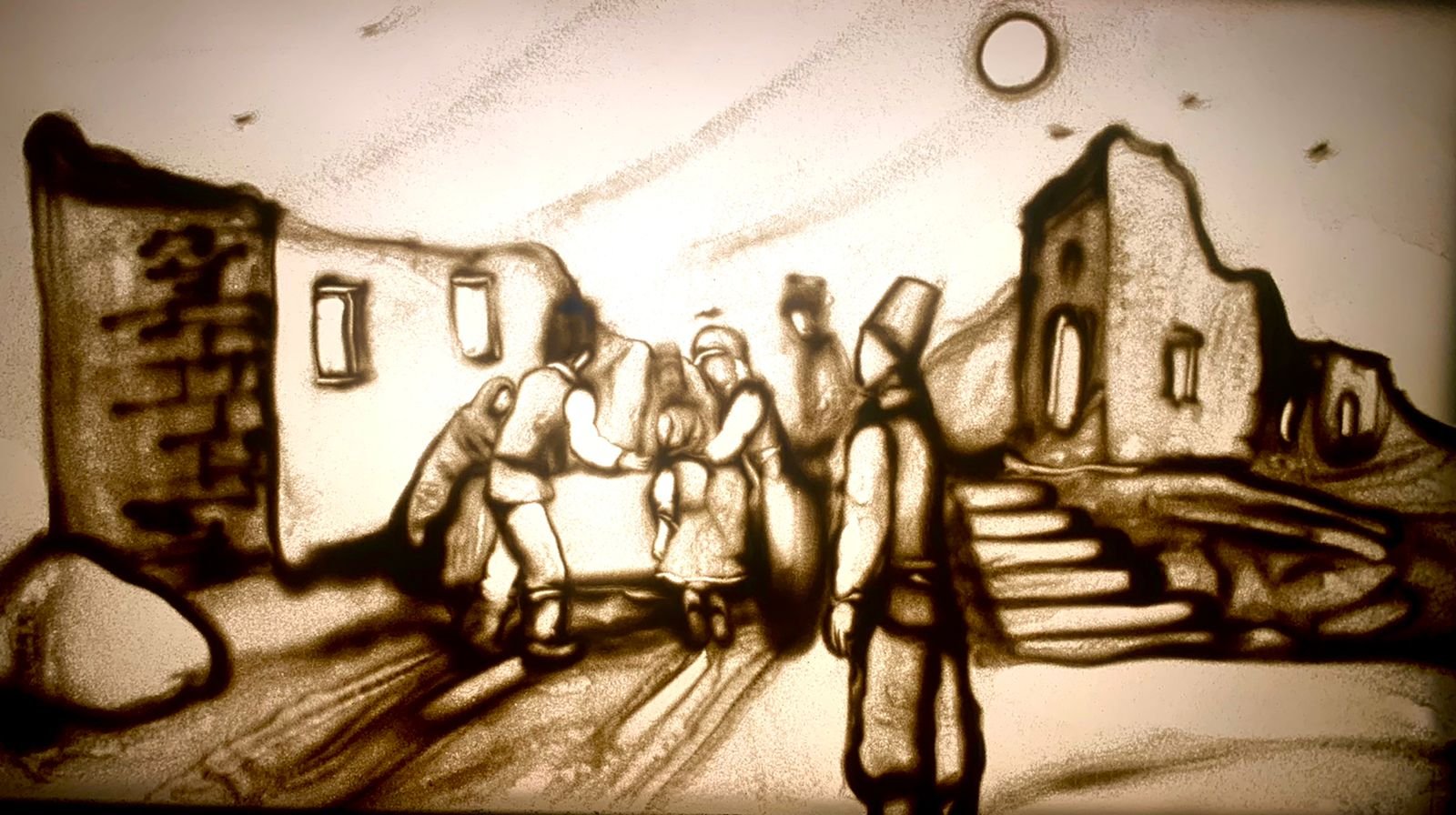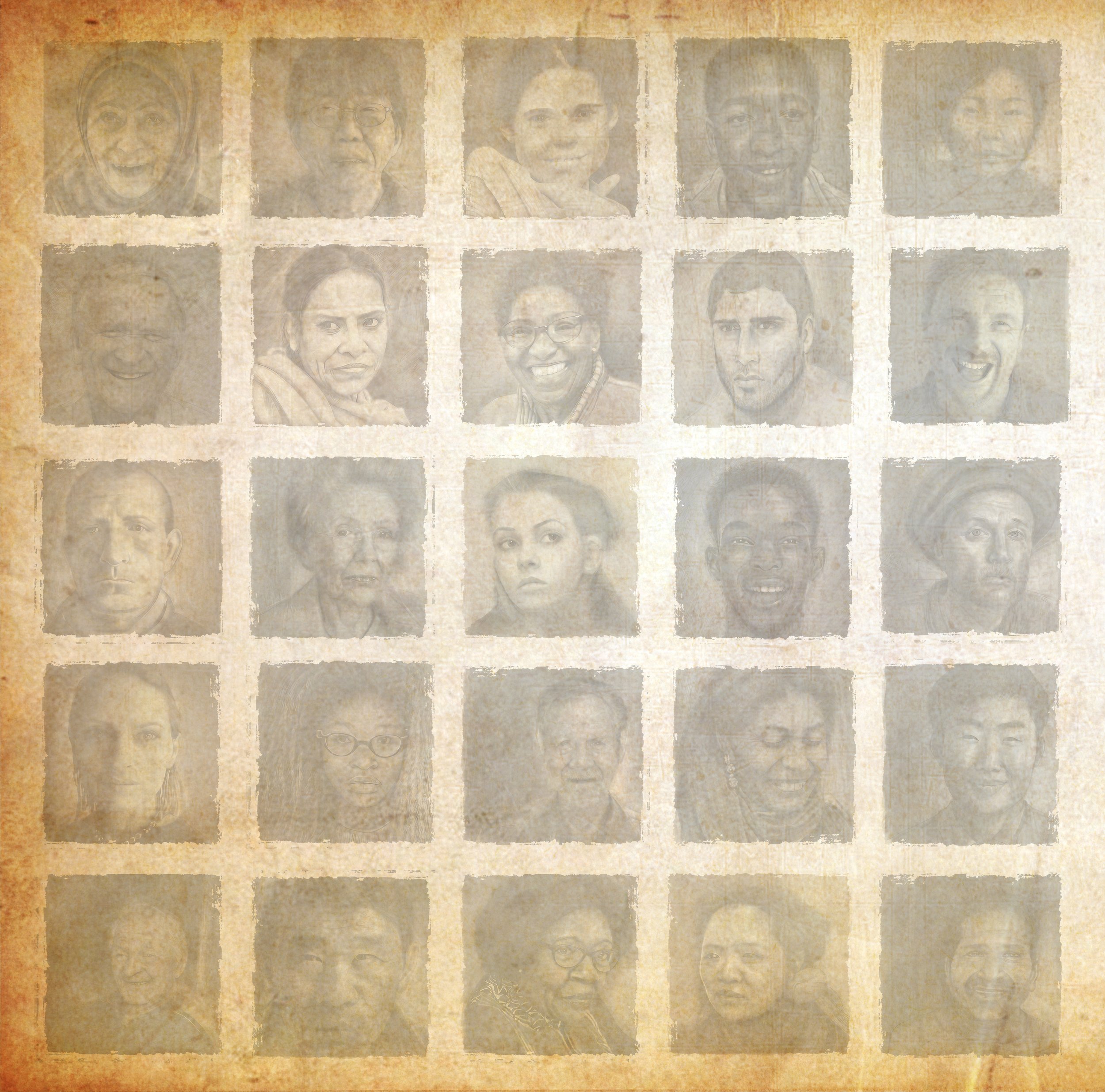
About Arts for Social Cohesion


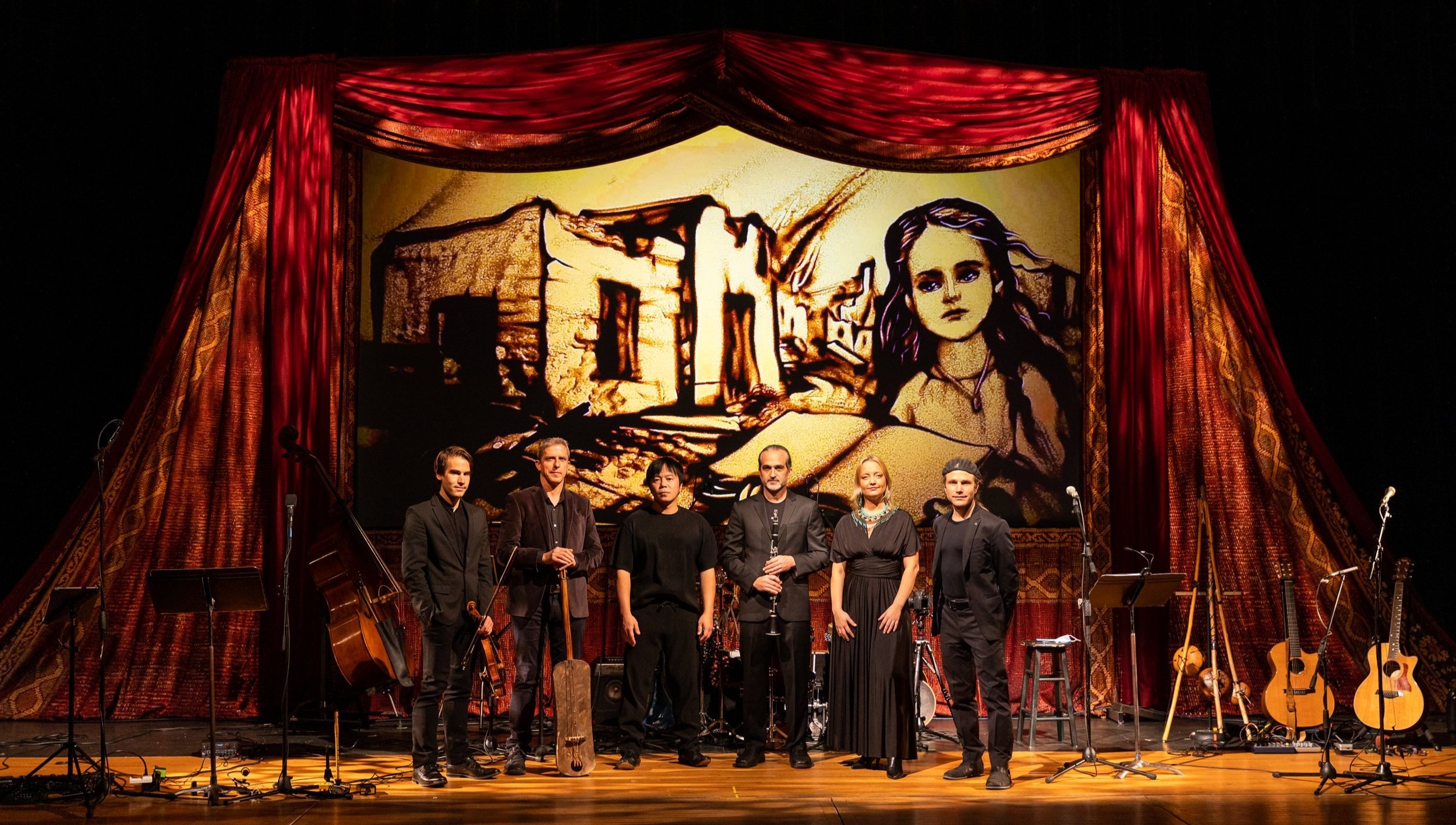
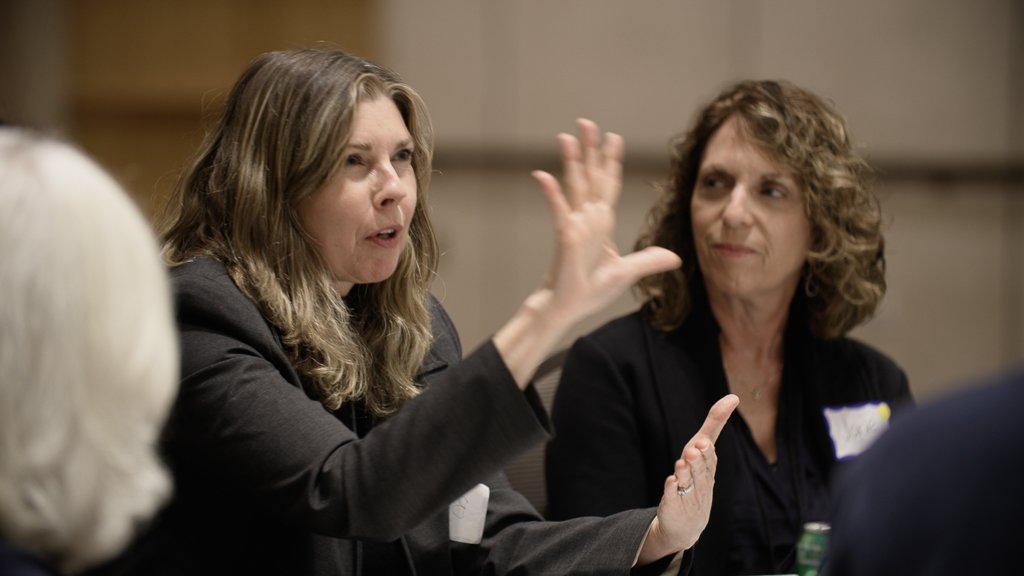

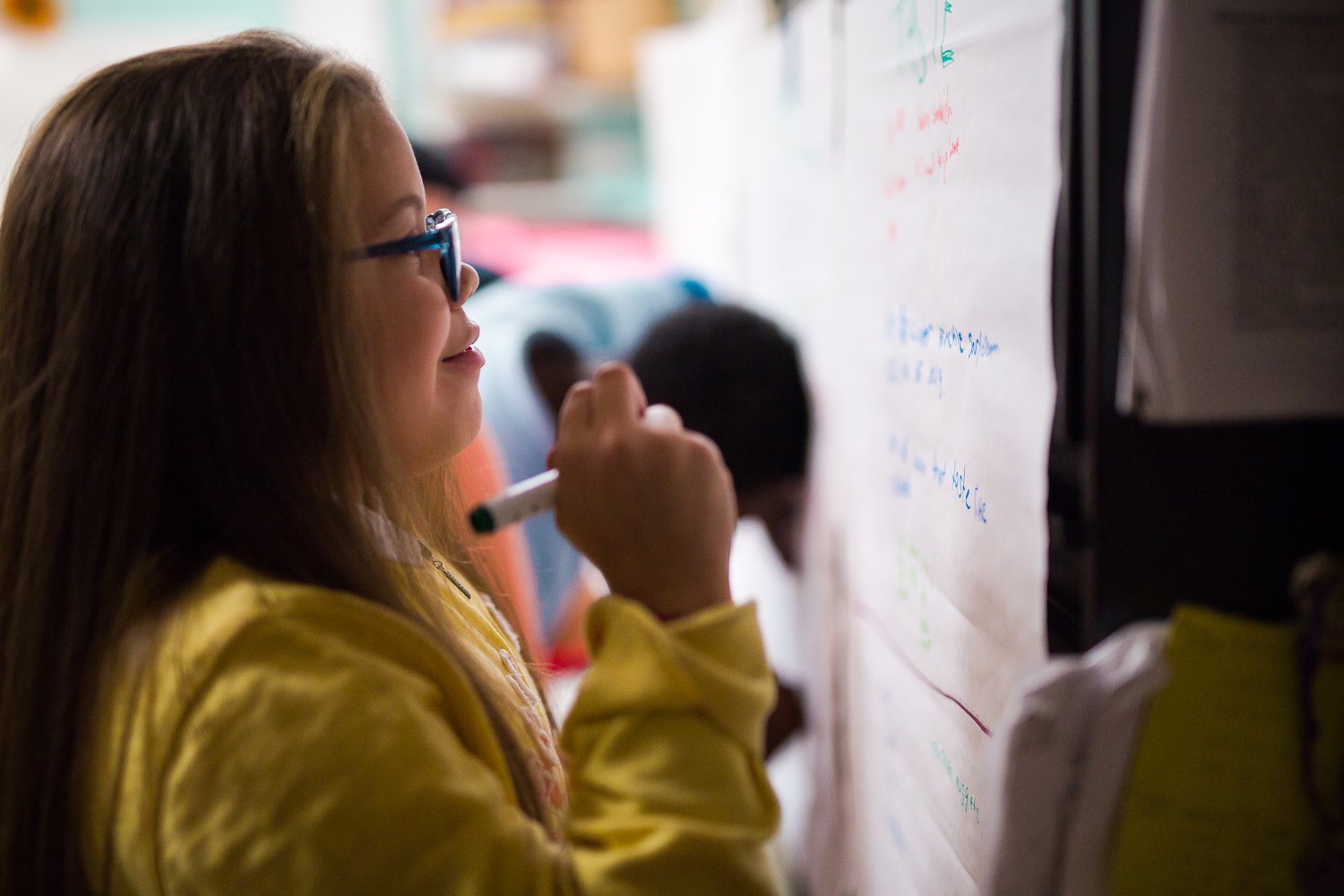
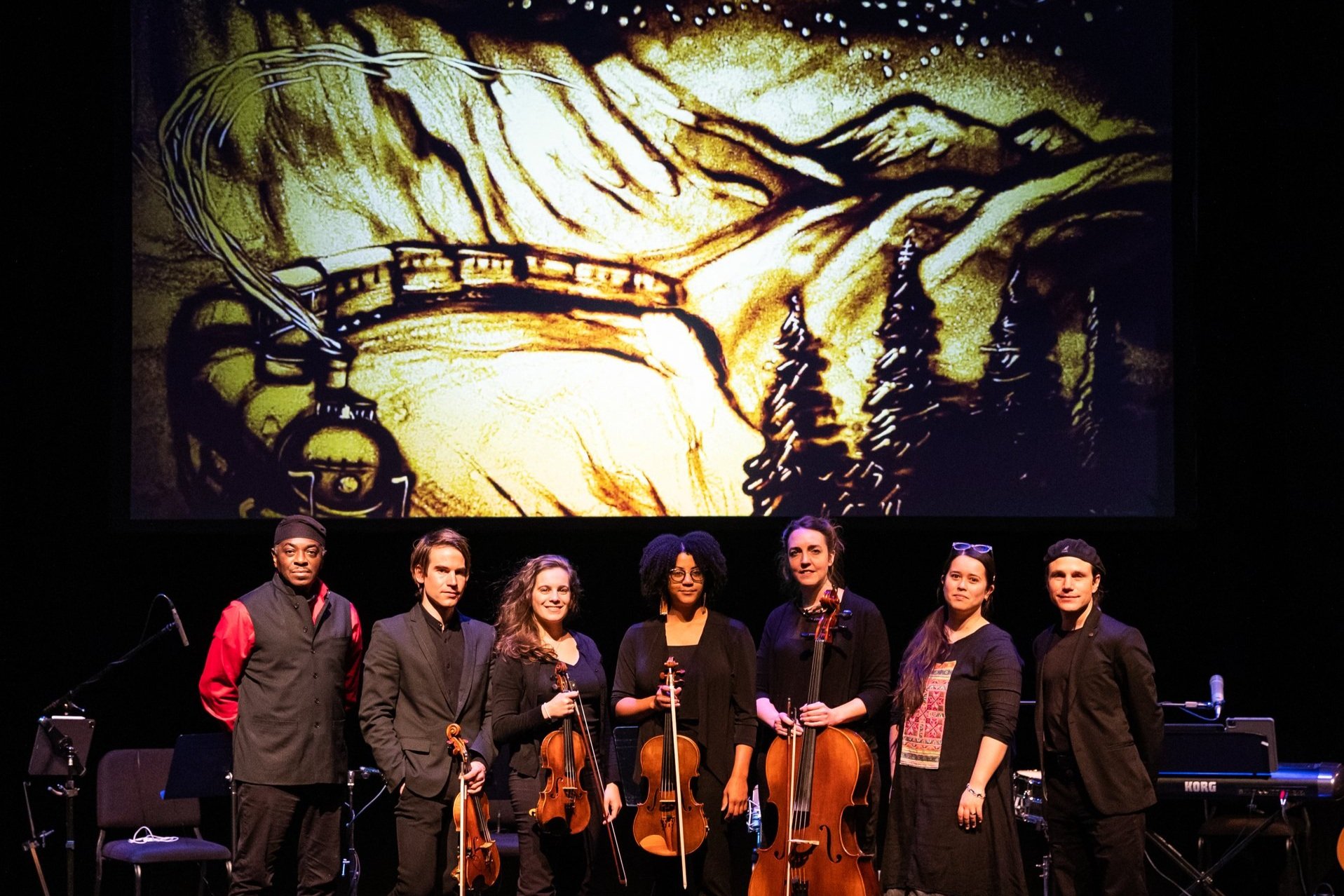
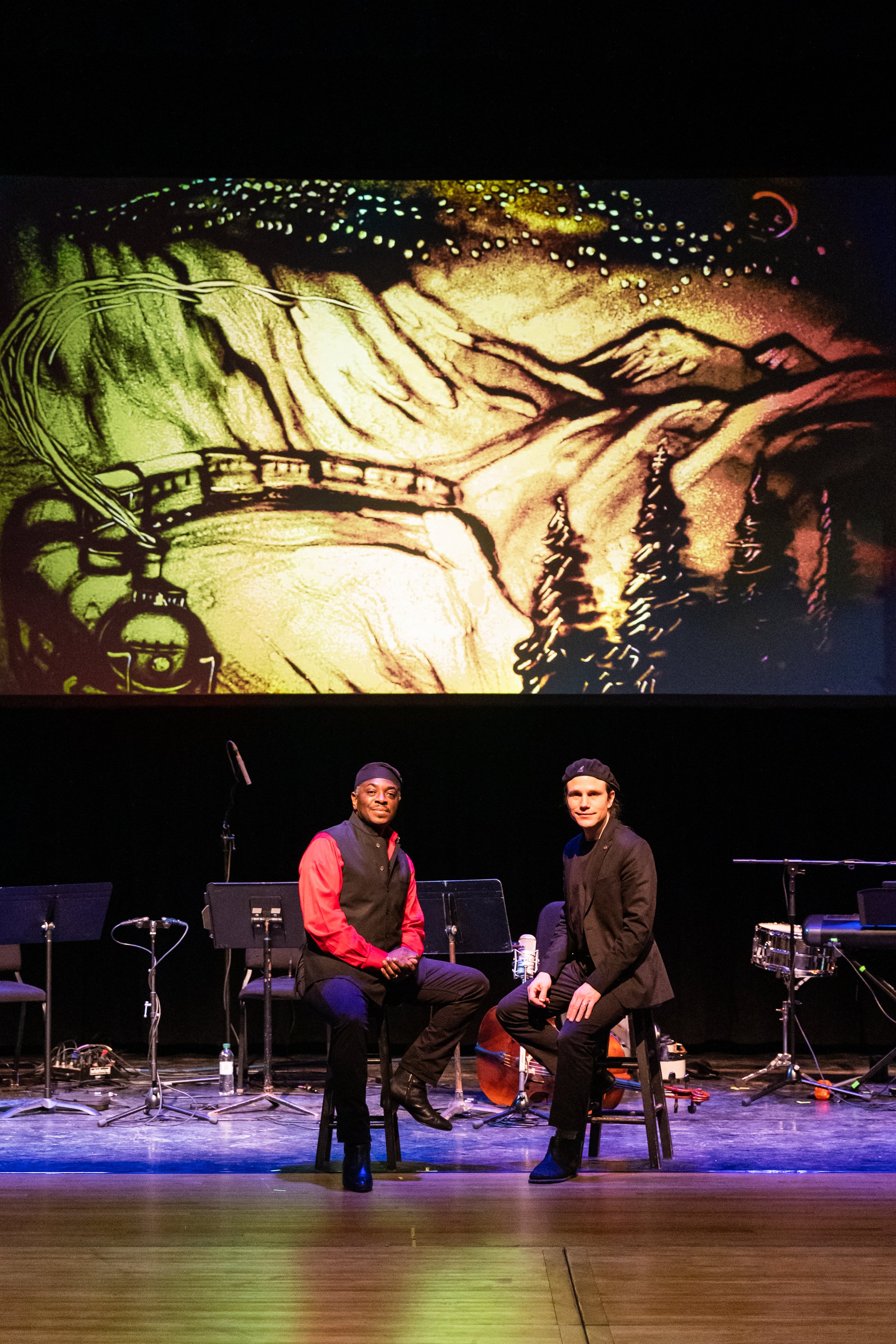
Who We Are
We are a team of artists, facilitators, writers, composers and designers committed to the notion that the arts and artists have vital roles to play in seemingly disparate civic realms.
We are driven by the profound costs of rendering people invisible, and the remarkable possibilities that emerge when people feel they are seen, valued and accepted.
We draw on practices and perspectives from 3 generations of family initiatives, verified by replicated social psychology studies, showing that — when carefully timed, tailored, and targeted — even seemingly small experiences can catalyze positive feedback loops with surprisingly long-lasting, even cascading, impacts.

What is Social Cohesion?
Social cohesion is a compass framework for thriving on individual, community and institutional levels.
We understand social cohesion as
“the ongoing process of developing a sense of belonging, well-being, and voluntary social participation of the members of society, while simultaneously
Developing communities that honor and celebrate a multiplicity of backgrounds, values and perspectives, and
Safeguarding equal rights and opportunities in society.”

Our interdisciplinary team contributes to social cohesion by:
-
Crafting situations that, through artistic experience and processes, build people’s feelings of being welcomed, accepted and accorded a full measure of regard.
We design experiences and situations in which people feel welcomed, more understood and emotionally connected. We create spaces in which participants have the safety to express a multiplicity of perspectives, experiences and identities, and can create relationships that are deeply satisfying.
In designing experiences and environments, we are inspired by replicated social psychology studies showing that —when carefully timed, tailored, and targeted — even seemingly small experiences can catalyze positive feedback loops with surprisingly long-lasting, even cumulative, impacts.

-
Producing live, original multidisciplinary performances
Our productions explore real-word tales of choices people make in times of personal or society change, especially unexpected grace in upheaval.
Through emotionally powerful experiences, our performances help people feel connected to what may have previously seemed unrelated or irrelevant.
This helps illuminate what is at stake in the choices people make, in personal, human terms, cultivating celebration of backgrounds and perspectives different from one’s own.

-
Leadership clinics focused on principles and strategies of belonging in the workplace
Studies in organizational psychology suggest that psychological safety — a culture of iteration in which members feel safe candidly expressing ideas, concerns, questions, and admitting to mistakes — is a leading contributor to teams’ abilities to solve problems more creatively and maintain relevance, especially amidst uncertainty.
ASC draws on artistic processes to help current and future leaders refine their skills in advancing such belonging in the workplace.

-
Assisting cultural organizations with powerful program / project design & organizational storytelling
ASC applies methods of nuanced listening and dynamic exploration to help cultural organizations hone their visions and strategies. ASC assists organizations develop impactful language for foundational proposals, clearly demonstrating how investment in these organizations’ work improves the lives of people and communities.
The 4C’s Guiding Our Work
Why This Matters
Sustained, deepened inquiry strengthens awareness of our own and of others’ often-tacit assumptions about how we relate to the world and to one another.
Once we have heard someone’s story and understand more about how they have arrived at their beliefs and viewpoints, it becomes more difficult to dismiss/dehumanize them, even when we sharply disagree.
The process is dynamic and multi-directional.


